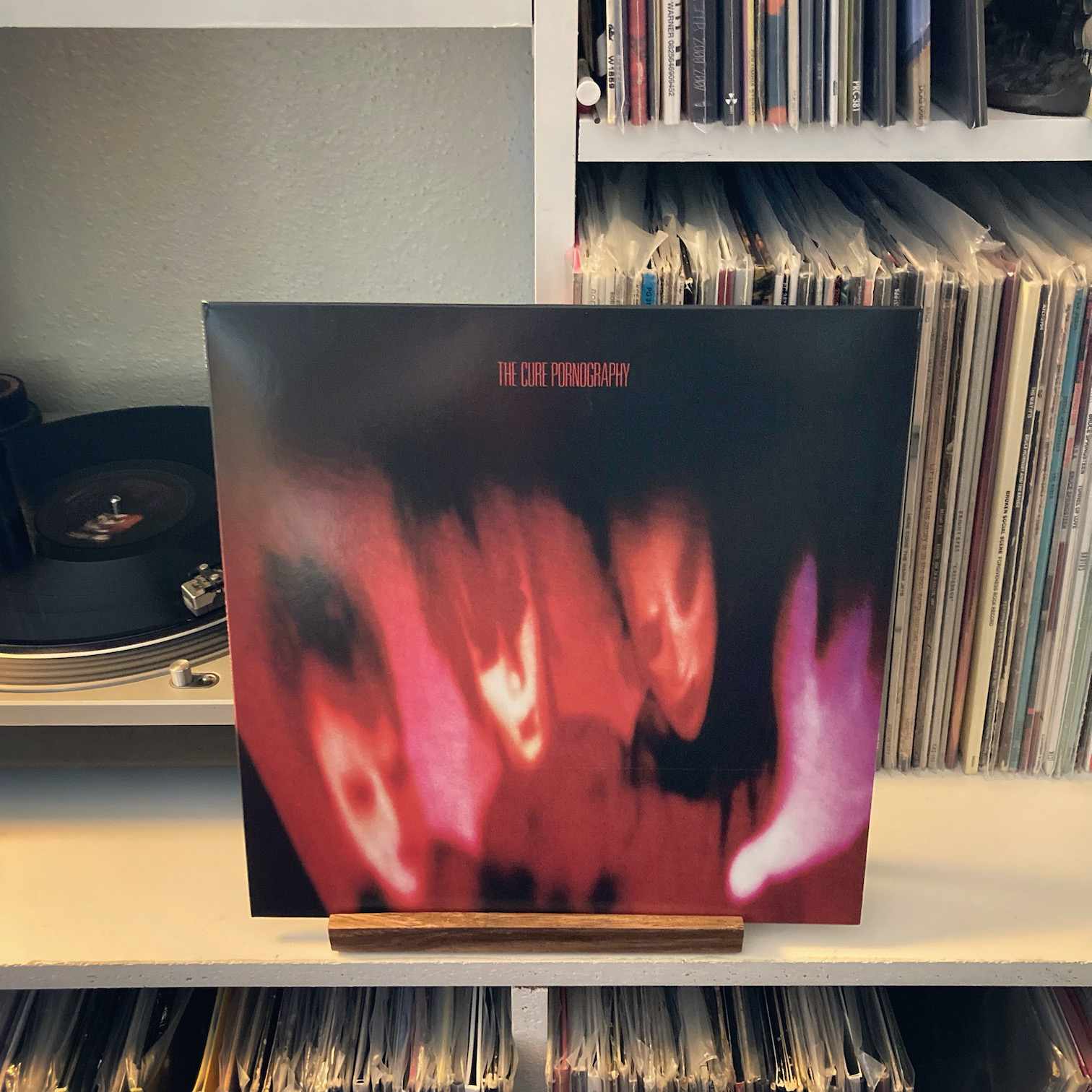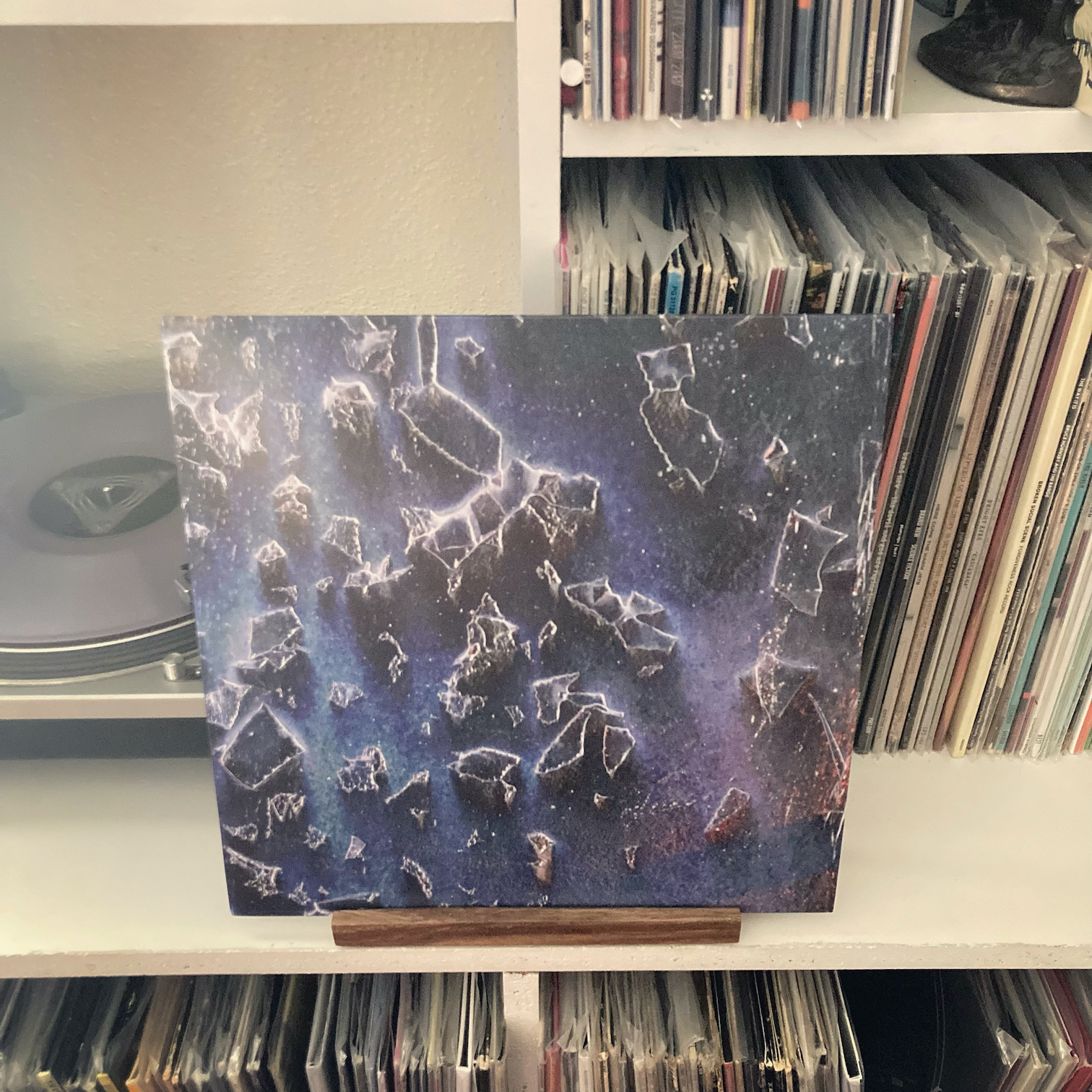 Working for a music site, I’m constantly inundated with press releases and review submissions. After a while, it all starts to bleed together, like a never-ending Pandora station with messed up seeds that plays in the background.
Working for a music site, I’m constantly inundated with press releases and review submissions. After a while, it all starts to bleed together, like a never-ending Pandora station with messed up seeds that plays in the background.
But every once in a while, something grabs my attention, like a nugget of gold in the muddy silt of a riverbed. As a mineral, Gypsum may not be very valuable, but the band that bears its name was enough to make me feel like an old timey prospector.
Their debut record came across my inbox and, after ignoring it until the week it was out, I was instantly enraptured by the genre-bending songwriting, rich atmospheres, kinetic grooves, and engrossing harmonies.
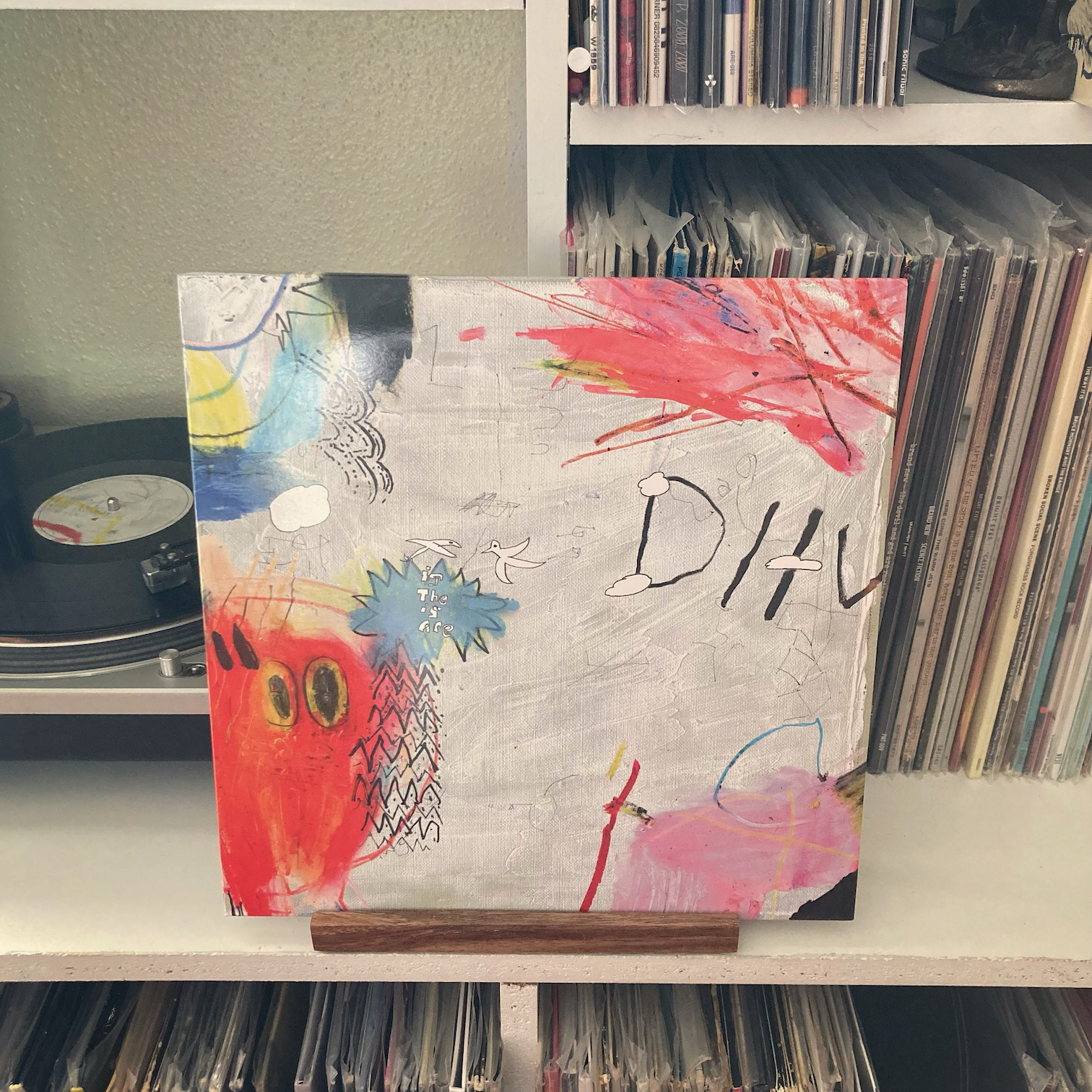

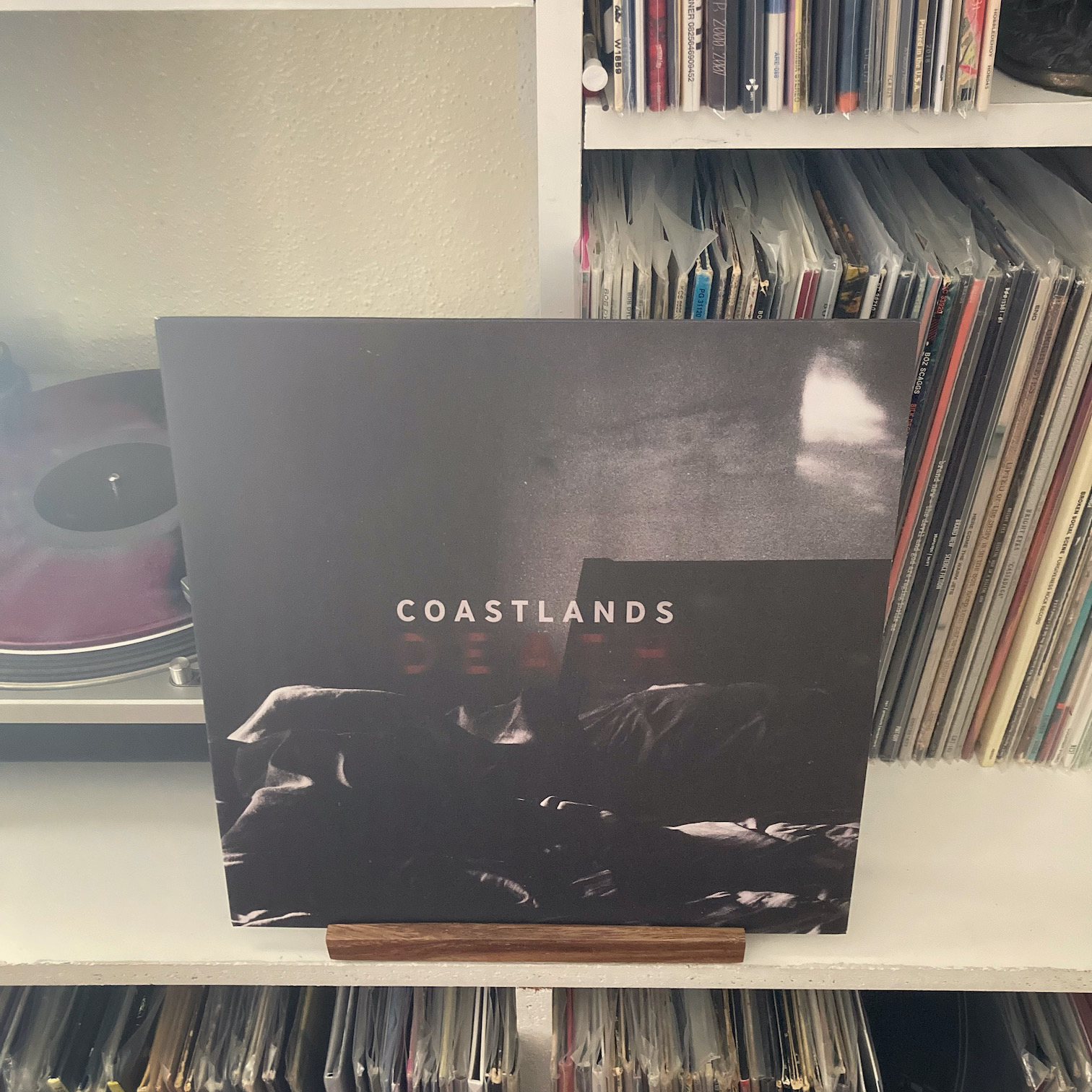
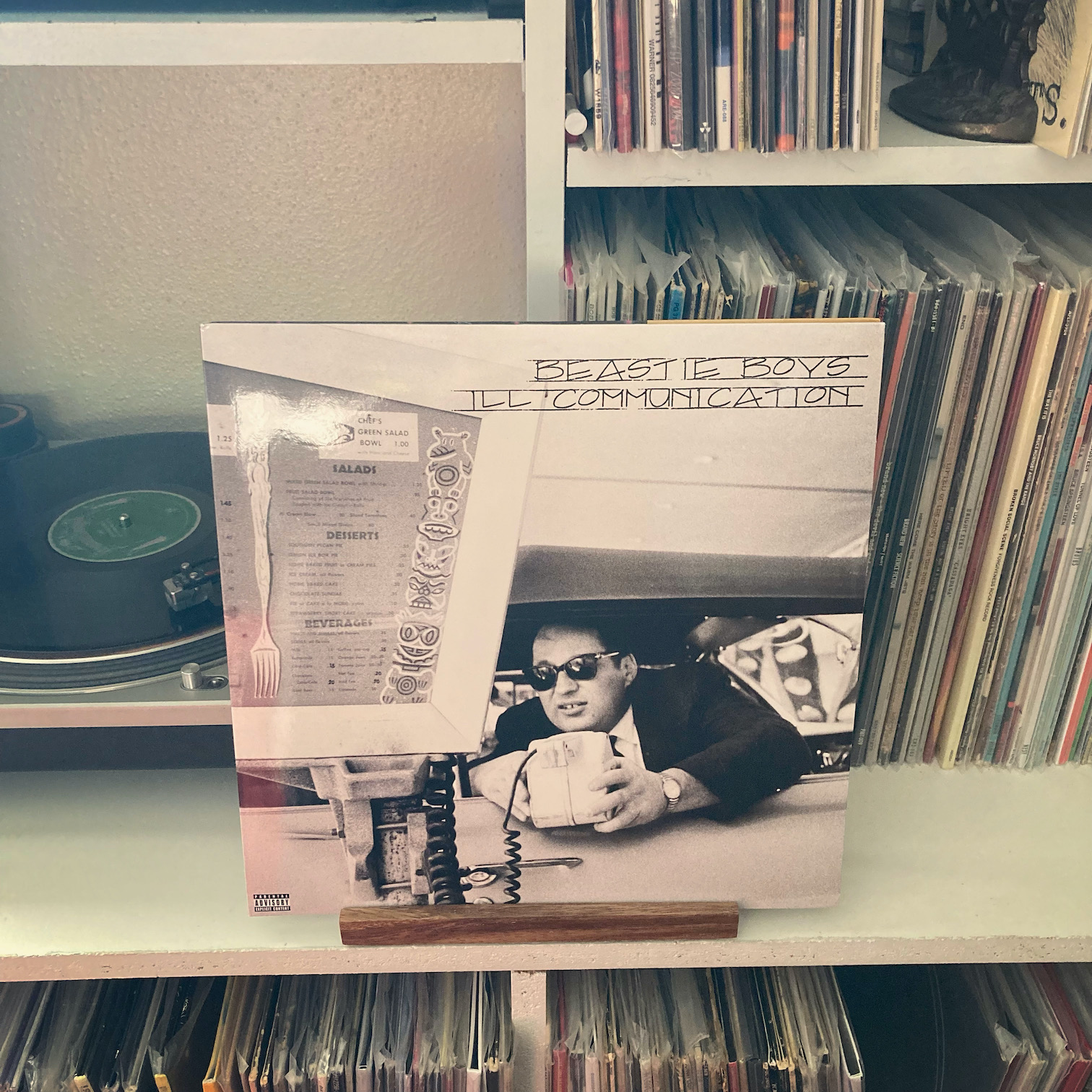

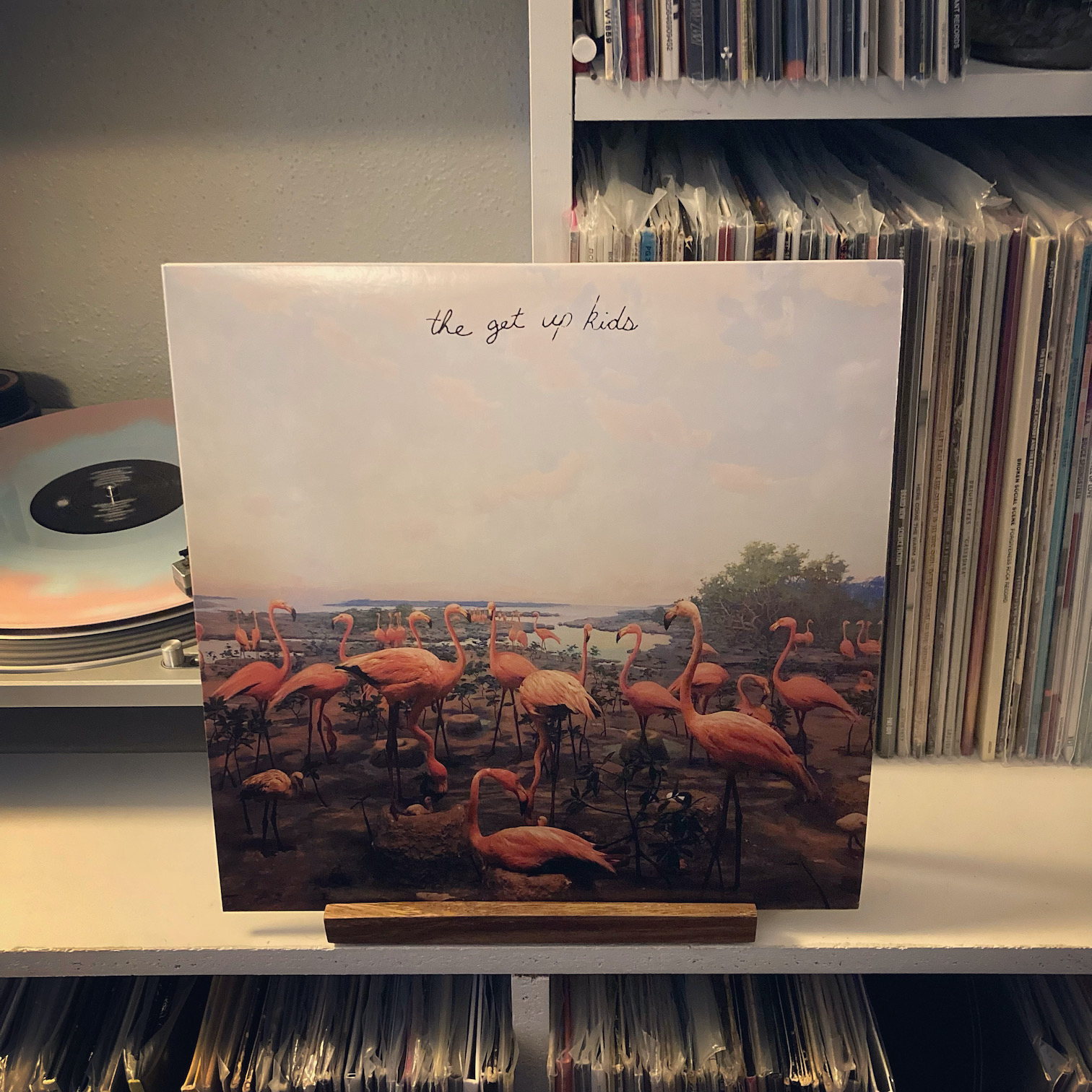 The seeds of my rediscovery of the Get Up Kids were planted in 2019. I was writing for a music review site, and the site owner messaged me asking if I was ever into the Get Up Kids, because they had a new album coming out and he needed someone to review it. I said that I listened to them a little bit, but wasn’t a superfan. He said, “that’s better than anyone else,” and sent me Problems.
The seeds of my rediscovery of the Get Up Kids were planted in 2019. I was writing for a music review site, and the site owner messaged me asking if I was ever into the Get Up Kids, because they had a new album coming out and he needed someone to review it. I said that I listened to them a little bit, but wasn’t a superfan. He said, “that’s better than anyone else,” and sent me Problems. 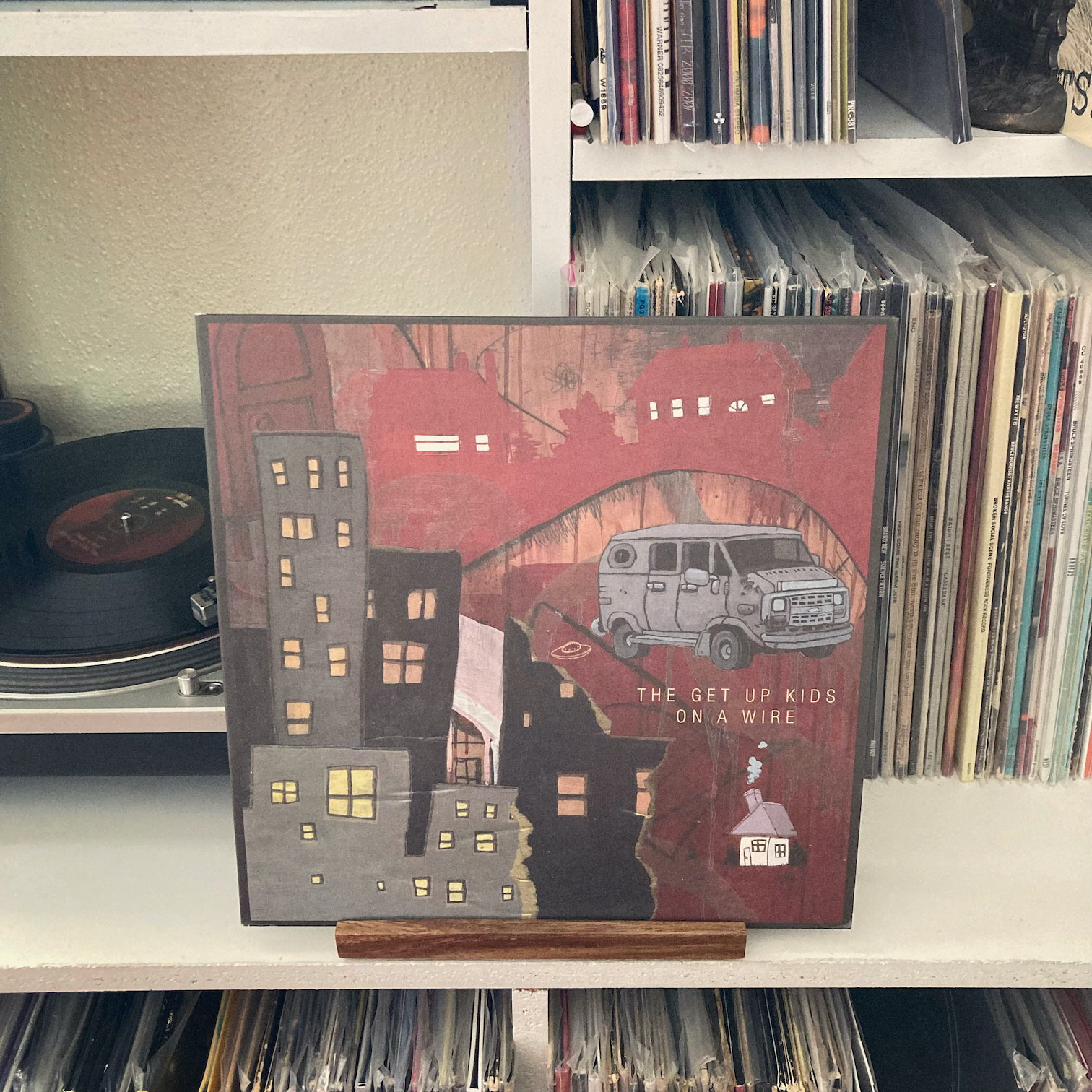
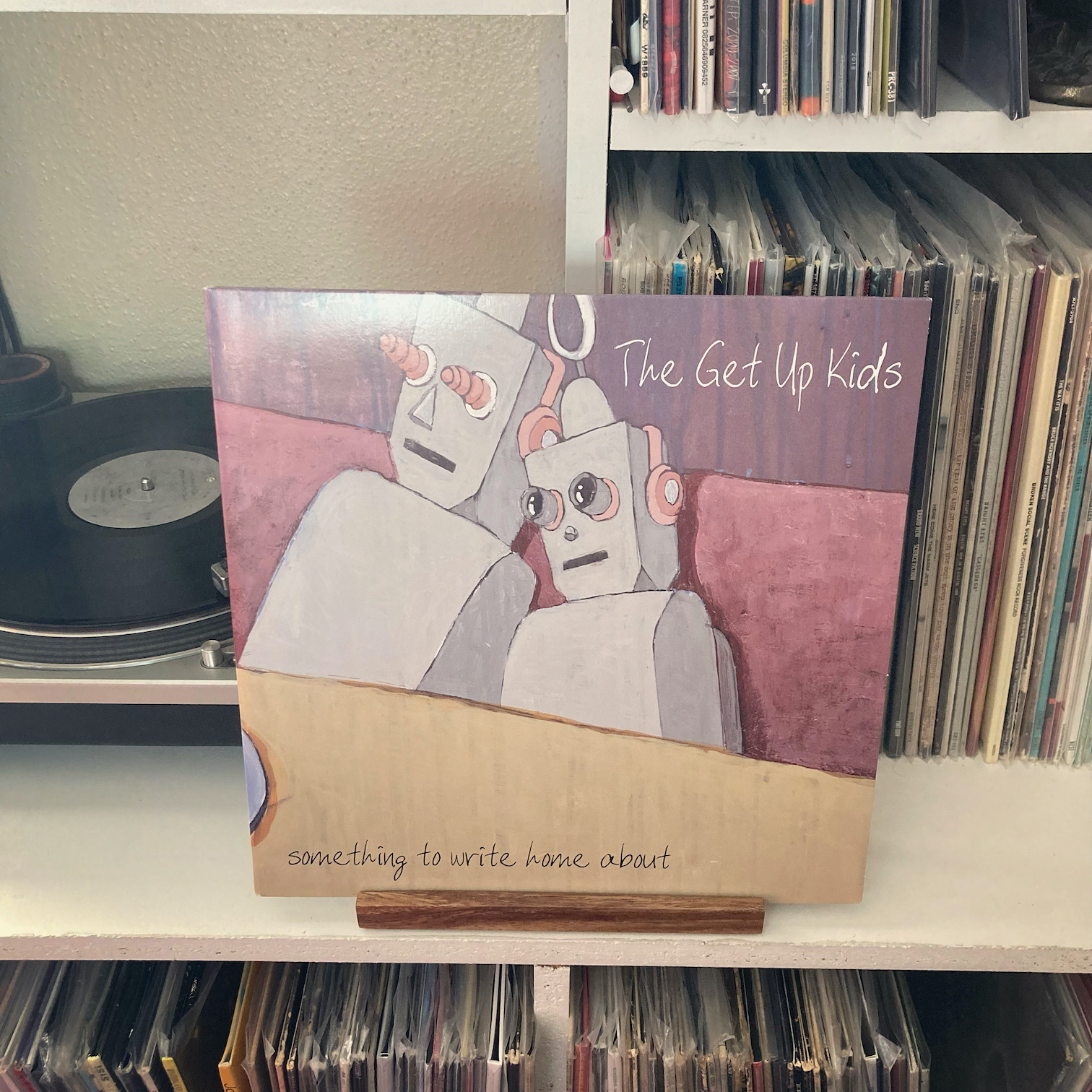 Over the years, I have stated publicly and often that I missed the Get Up Kids when I was in the throes of my emo phase. Most publicly, on the
Over the years, I have stated publicly and often that I missed the Get Up Kids when I was in the throes of my emo phase. Most publicly, on the 